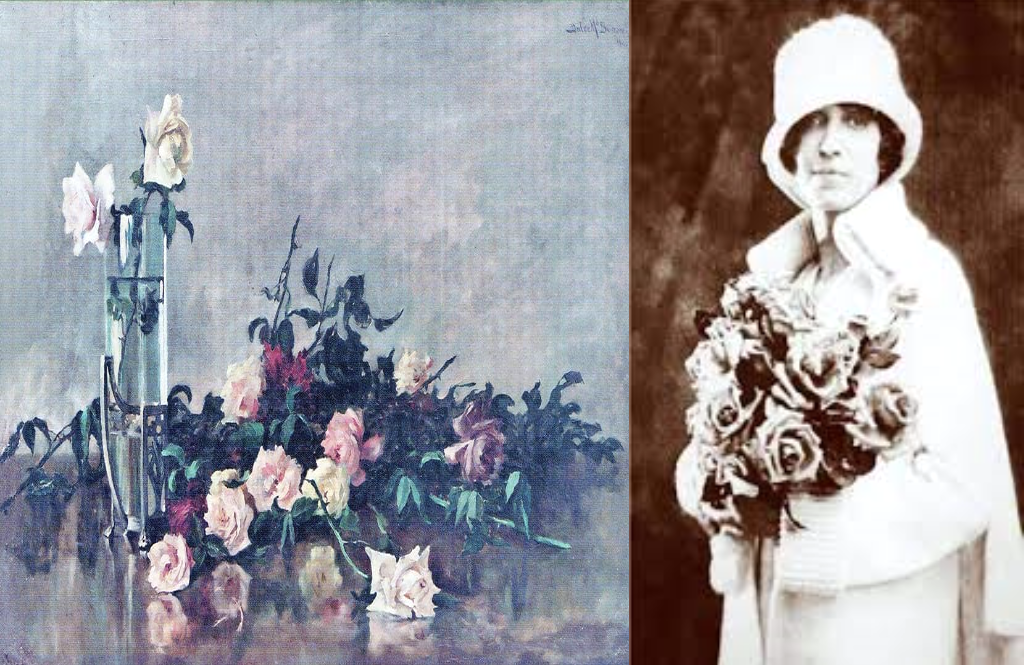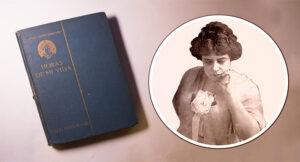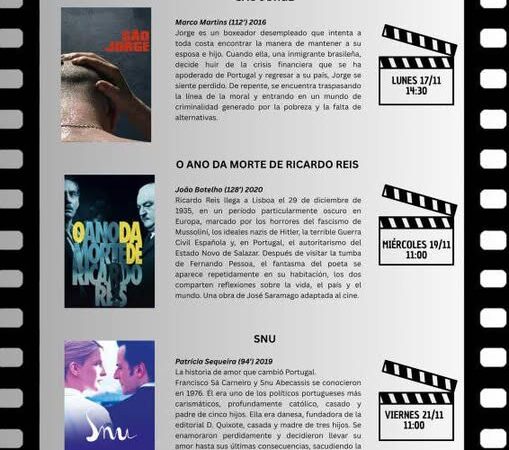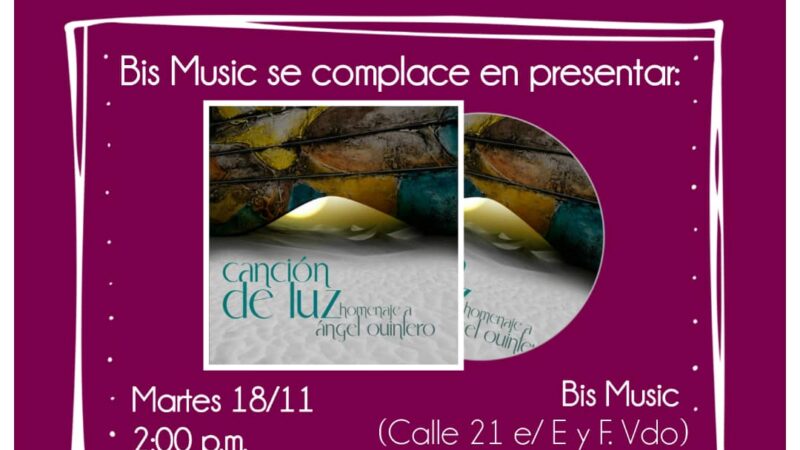Dulce María Borrero: A Life Dedicated to Humanity

Advocate for women’s rights, poet, illustrator, publicist, and Cuban educator, Dulce María Borrero embodies one of the most industrious, demanding, and committed legacies in national history. Her life not only reflected her resilience and determination but also demonstrated the depth of knowledge cultivated from childhood. Her upbringing was steeped in letters and family tradition, influenced by her father, Dr. Esteban Borrero, and her sister Juana, whose home fostered modernist thought at the close of the 19th century.
During the Cuban War of Independence in 1895, following an invasion by Spanish volunteers into her family home, Dulce María’s family relocated to Key West. There, she contributed to the local Revista. Later, they settled in Costa Rica due to her father’s work before finally returning to Cuba in 1899.
The opening decades of the 20th century marked the flourishing of Dulce María’s literary career. Her writing not only solidified her position in the literary world but also allowed her to advocate for women’s rights and education. Among her notable works are articles such as La fiesta intelectual de la mujer: su actual significado; su misión ulterior (1935) and La mujer como factor de paz (1938). A founding member of the National Academy of Arts and Letters in 1910, she co-edited its Annals with Miguel Ángel Carbonell.

In 1908, Dulce María won the top prize at the Floral Games of the Havana Athenaeum. A decade later, she testified before Congress in support of the 1918 Divorce Law. As a journalist, she championed the protection of women in the workplace and, during the Second National Women’s Congress in 1925, opposed the delegates’ rejection of Ofelia Domínguez’s resolution advocating equal rights for children born out of wedlock.
Dulce María’s articles appeared in publications such as El Fígaro, Revista Bimestre Cubana, Social, Cuba y América, Revista Cubana, La mujer moderna, and Cuba Contemporánea, where she was the sole female contributor. In 1935, she became Director of Culture at the Ministry of Education, and by 1937, she founded the Cuban Bibliographic Association.
She also served on the board of the Prisoners’ Protective Association, organizing monthly lecture cycles to promote significant works of world literature. Researcher Ivón Muñoz Fernández notes that through the Bibliographic Association, Dulce María established «benevolent cultural mailboxes» to collect books, pamphlets, and magazines and distribute them to prisons, hospitals, and juvenile reformatories.
«Dulce María’s essays reveal her social concerns, particularly about education,» says researcher Leonardo Depestre Cantony. «The titles of her published lectures—El matrimonio en Cuba, El arte característico y su libre desarrollo fuera de la tiranía escolar, El magisterio y el porvenir de Cuba, La mujer como factor de paz—illustrate the breadth of her interests. She is considered a significant educator, lecturer, and early feminist figure.»
Dulce María was also a member and honorary president of the National Women’s Press Association. She proposed celebrating Father’s Day, first commemorated on June 9, 1938. According to Muñoz Fernández, this positions her as “a precursor to the idea of new masculinities, rethinking the role of men in child education and upbringing.”
«The great merit of Dulce María,» Muñoz Fernández adds, «was her sharp and critical sense of observation and analysis—not only in art and letters but also as one might expect from a sociologist or political scientist. She did much to integrate Cuban women into education and culture, and that work deserves recognition.»
Translated by Luis E. Amador Dominguez



